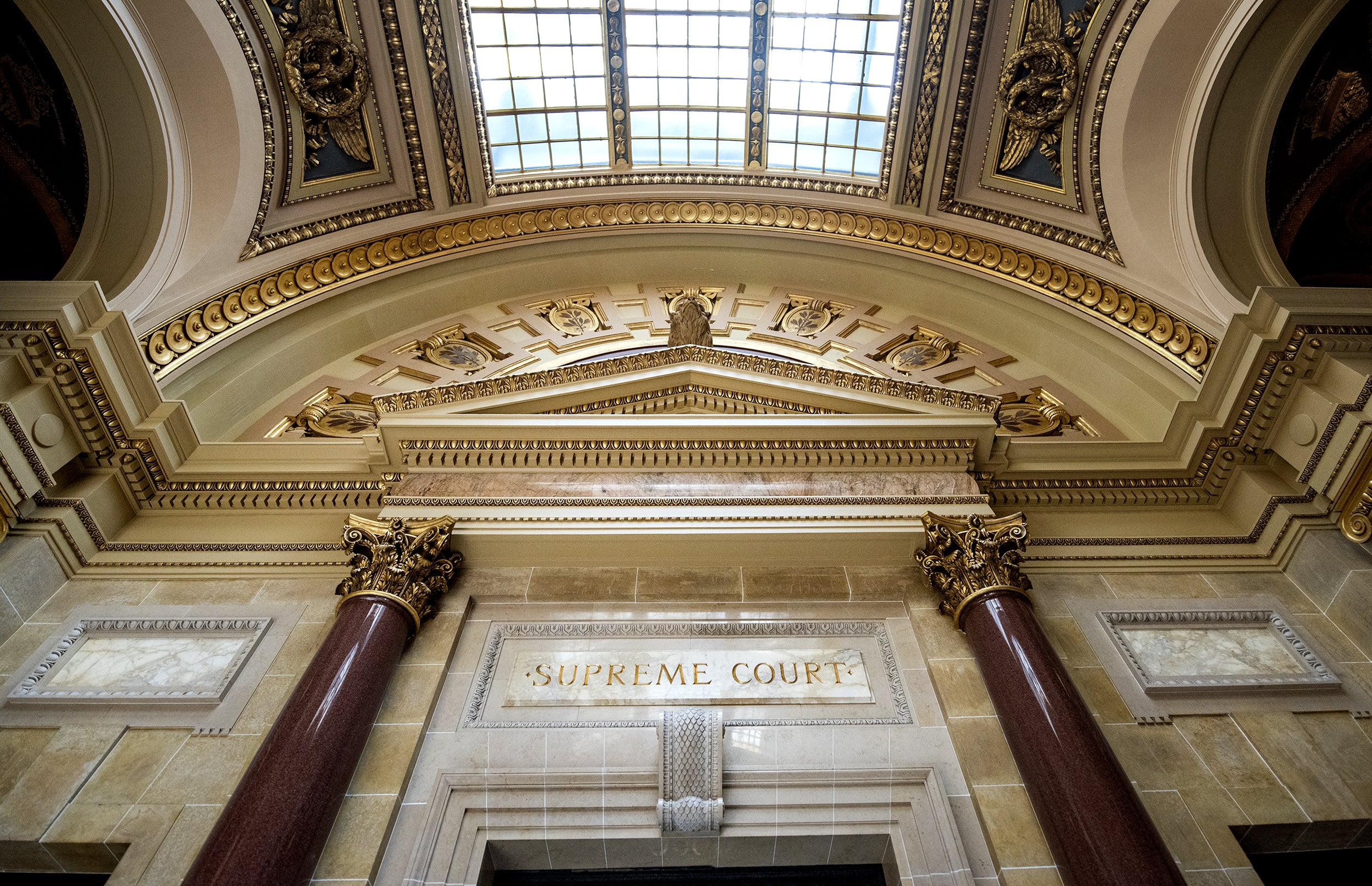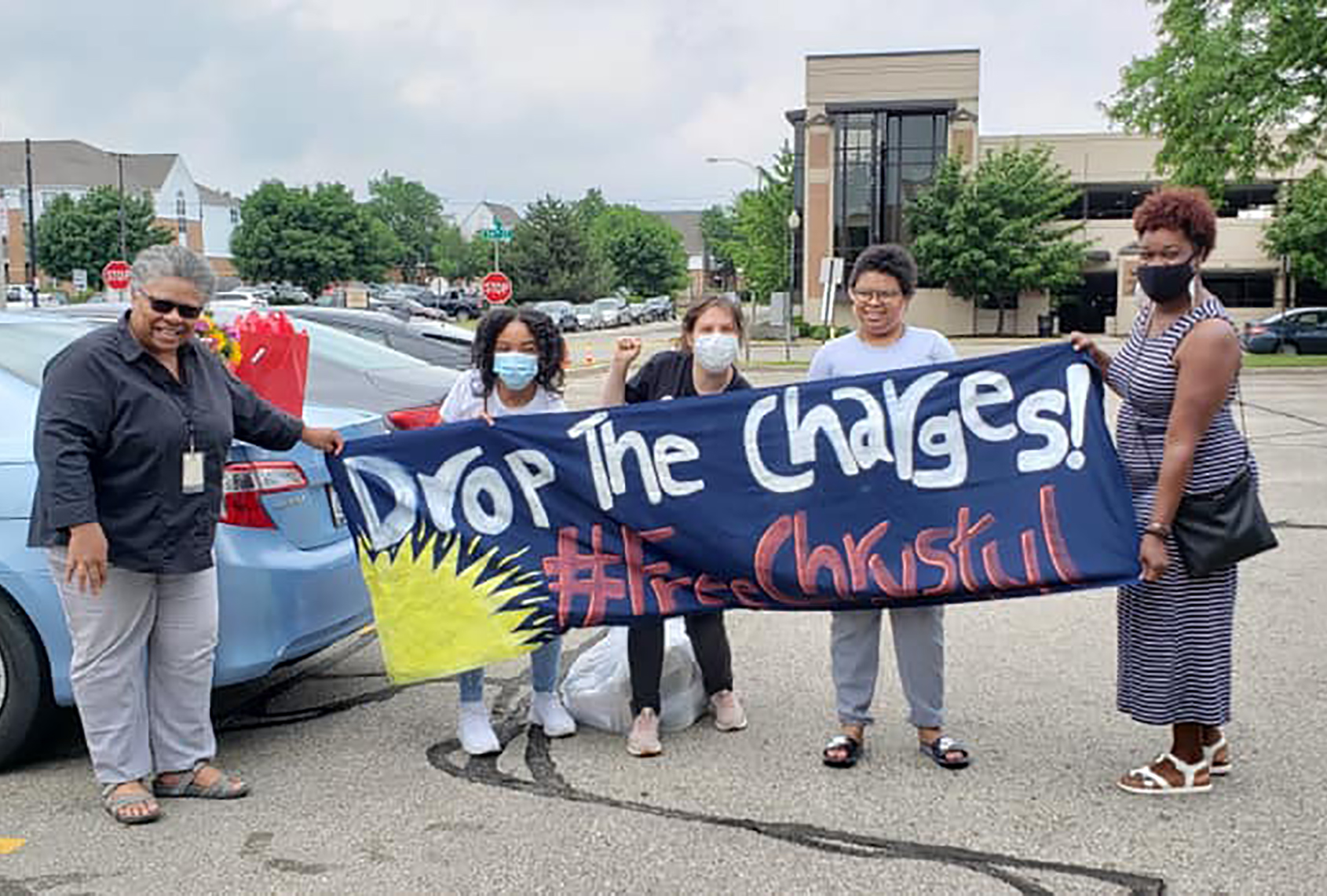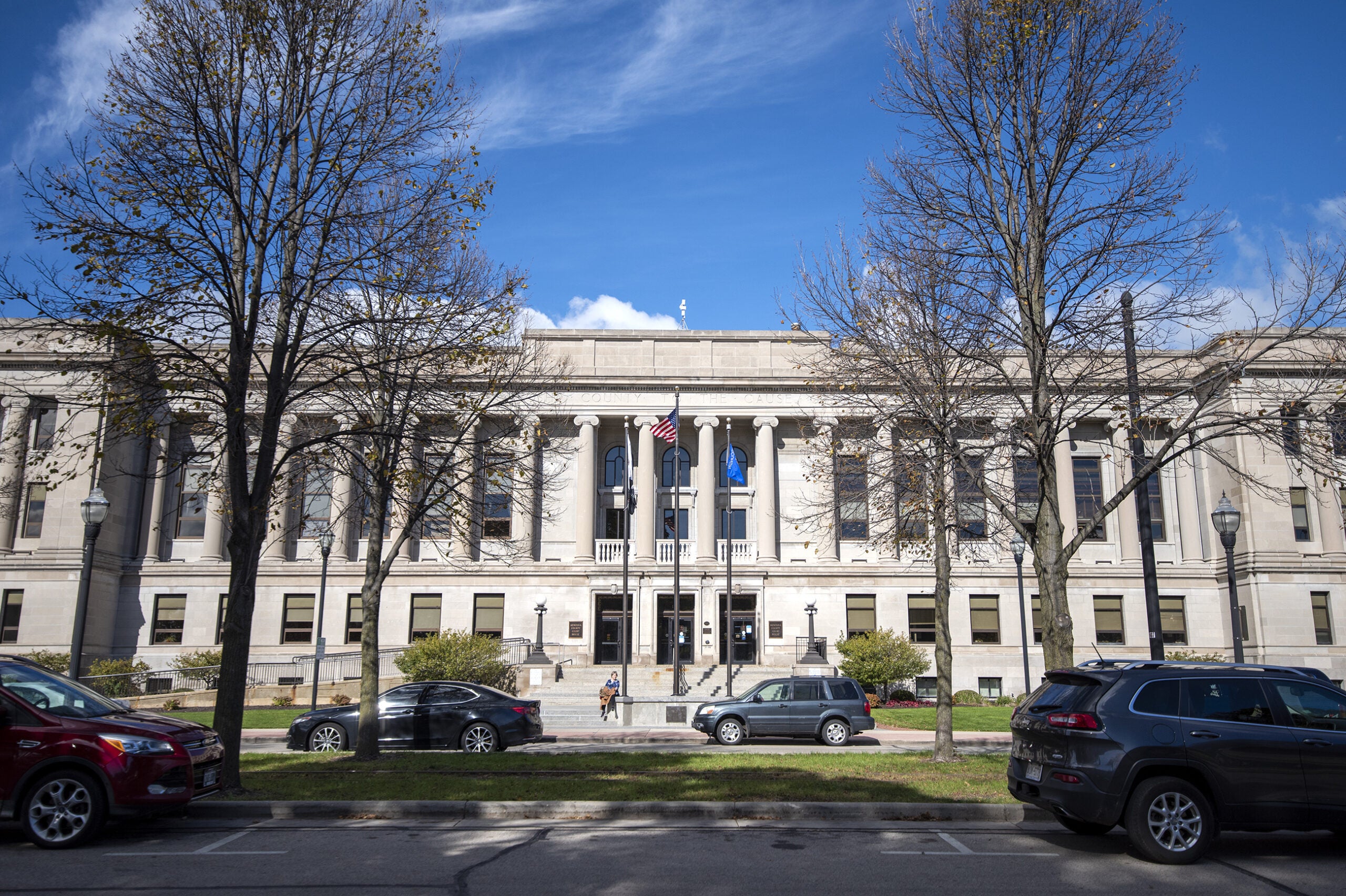The Wisconsin Supreme Court will decide whether a Milwaukee teenager can use a law protecting sex trafficking victims if she goes to trial for killing a man prosecutors admit had been assaulting her and other underage girls.
Chrystul Kizer was 17 in 2018 when she is alleged to have shot 34-year-old Randall Volar III in the head before setting his house on fire and stealing his car. At the time of his death, Volar was under investigation for trafficking girls, including Kizer.
Kizer’s defense attorneys hope to use what is called an affirmative defense. They argue that defense is allowed under a Wisconsin law that shields sex trafficking victims from prosecution for crimes that are a direct result of their trafficking.
Stay informed on the latest news
Sign up for WPR’s email newsletter.
During arguments in front of the Wisconsin Supreme Court Tuesday, Assistant Attorney General Timothy Barber acknowledged Volar had done “terrible things” but argued that a broad interpretation of the statute allowing an affirmative defense would give sex trafficking victims “a privilege to kill someone else.”
The justices repeatedly interrupted Barber with questions. At one point Justice Jill Karofsky stopped Barber when he said Kizer had shot Volar after he touched her leg.
“Ms. Kizer was undeniably a victim of human trafficking. I understand the point you are trying to make but to say she did this because he was touching her leg is just so far from what was actually going on,” Karofsky said.
When Kizer was first charged in 2018, prosecutors in Kenosha County alleged that she planned to kill Volar to steal his car. The night of the shooting Volar had paid for an Uber driver to bring Kizer to his home. According to the prosecution, text messages show the killing was premeditated.
But defense attorneys learned that at the time of the shooting Volar had been under investigation for sex trafficking. Kenosha Police had arrested and briefly jailed him after another girl called 911 to report an assault. Volar was released without bond while police continued their investigation, including serving a search warrant on his home. During that search, police found video Volar had taken of sexual assaults of Kizer and other underage girls.
According to past statements from Kenosha County District Attorney Michael Graveley, Volar likely would have been charged with crimes including child sexual assault and possession of child pornography had he not been killed.
Kenosha County Circuit Court Judge David Wilk previously ruled that Kizer could not use an affirmative defense in a homicide case. The defense appealed. After the appellate court ruled in Kizer’s favor, the state appealed to the Supreme Court.
If the court decides in Kizer’s favor, she can use the affirmative defense at trial. That prosecution has been on hold as the defense appealed Wilk’s earlier ruling.
Kizer’s case has drawn international interest, with thousands of people signing a petition calling for charges against her to be dropped, and protesters appearing outside the court during hearings. She has been free on bond since June 2020 after the Chicago Community Bond Fund, with help from other supporters, posted her $400,000 bond.
Wisconsin Public Radio, © Copyright 2025, Board of Regents of the University of Wisconsin System and Wisconsin Educational Communications Board.




